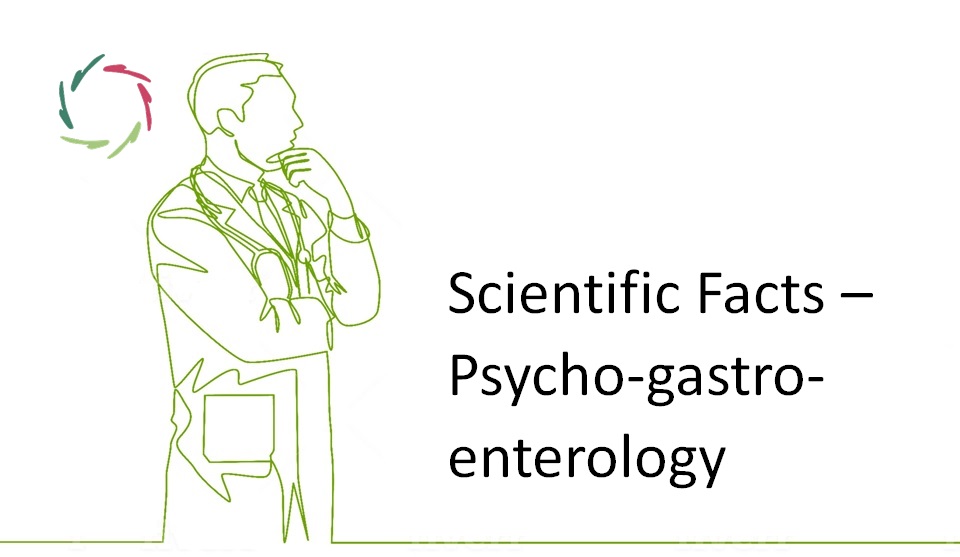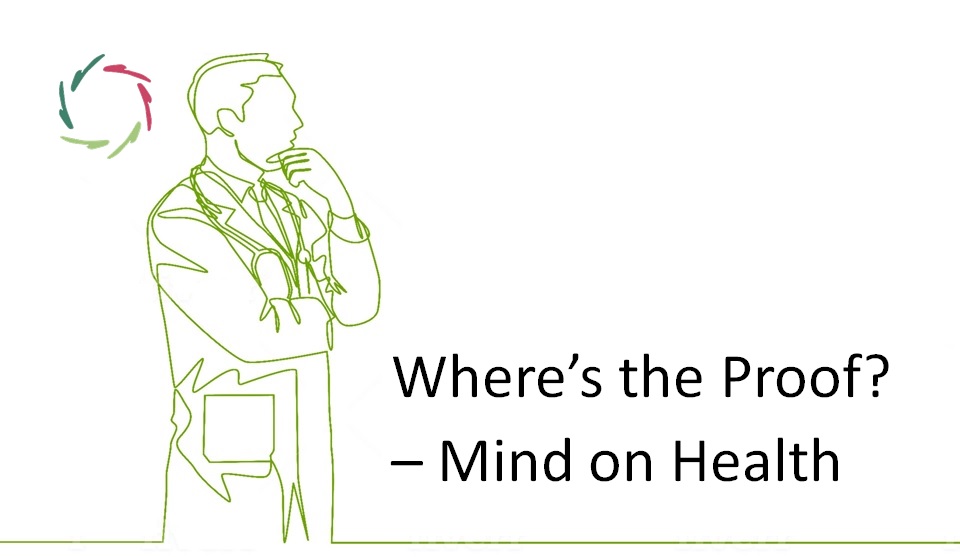Psycho-gastro-enterology

The broad role of stress in the brain-gut axis is widely acknowledged. This has implications for multiple prevalent health conditions characterized by chronic gastrointestinal symptoms. These include functional gastrointestinal disorders such as functional dyspepsia and irritable bowel syndrome, as well as inflammatory bowel diseases such as Crohn’s disease and ulcerative colitis [Labanski et al., 2020]. The brain-gut axis and its major pathways have been fairly elucidated. Knowledge has been gained regarding the role of chronic and acute stress in gastrointestinal disorders. For instance, Maunder et al. point to consistent evidence for a contribution of psychological factors to inflammatory bowel disease course, especially stress in ulcerative colitis and depressive symptoms in Crohn’s disease [Maunder et al., 2008]. Moser et al. point to the increasing recognition that the psycho-neuro-endocrine network can modulate inflammation and pain perception and that psychosocial factors are related to exacerbation of and coping with inflammatory bowel diseases [Moser et al., 2006]. We can full-heartedly endorse the new term ‘psycho-gastro-enterology.’ Let’s hope that transdisciplinary crosstalk will be further intensified in the coming years.
In the latest edition of the diagnostic criteria for functional gastrointestinal disorders, the Rome IV criteria, these disorders are referred to as ‘disorders of gut-brain interaction,’ highlighting the importance of gut and brain in symptom generation [Drossman et al., 2016]. Indeed, altered central nervous system function has been demonstrated in patients with IBS using brain imaging [Tillisch et al., 2011].
There is considerable overlap between psychological distress, hypersensitivity of the gut, and abnormal transit (obstipation, diarrhea) [Simrén et al., 2019]. Also, high comorbidity with affective disorders – especially symptoms of anxiety and depression – are well documented [Van Oudenhove et al., 2016]. The prevalence of stressful life events in the past, including a history of childhood trauma, is increased [Chitkara et al.,2008; Locke et al., 2004; Park et al., 2016].
Chronic stress, as well as depressive and anxiety symptoms, correlate with the severity of gastrointestinal symptoms. Also, they are associated with reduced quality of life and altered illness behavior (e.g., lack of adherence, frequent visits to the doctor) [Jarrett et al., 1998; Lackner et al., 2014; Sibelli et al., 2016].
Furthermore, psychological factors demonstrably contribute to alterations in brain function observed in patients with irritable bowel syndrome [Elsenbruch et al., 2010; Icenhour et al., 2019] as well as inflammatory bowel diseases [Bao et al., 2015; Thomann et al., 2017].
In patients with inflammatory bowel diseases, nearly 70% regard stress as an important factor that influences the disease course. 85% report that effective coping with stress has a positive impact on their disease course [Langhorst et al., 2005]. In line with this, patients with high levels of perceived stress were more likely to exhibit rectal mucosal abnormalities [Levenstein et al., 1994].
There exist different studies implementing multi-component mind-body therapies in IBD, but the quantity and quality of evidence vary considerably and is often inconclusive or even unsatisfactory.


